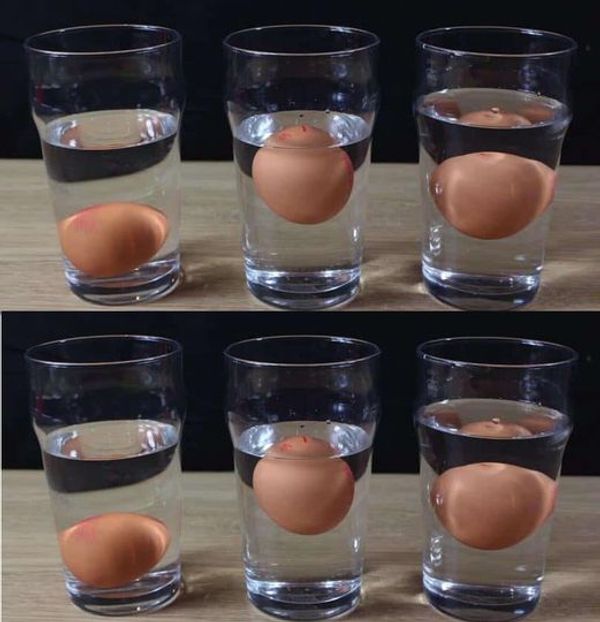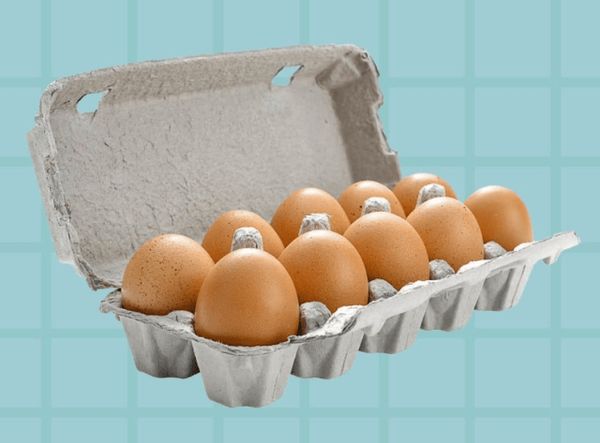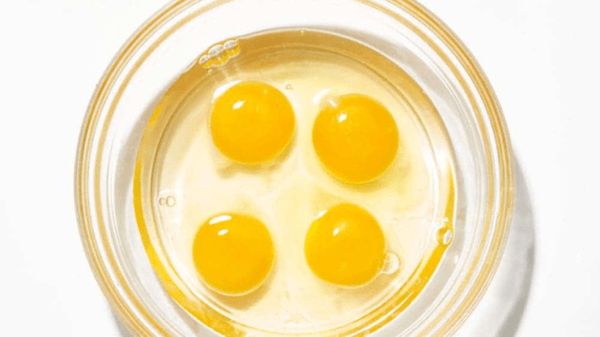
Have you ever wondered if an egg is still good to eat or if it has gone bad? It can be difficult to tell just by looking at the shell. In this article, we’ll explore some simple ways to determine the freshness of an egg and share some tips to help prevent your eggs from going bad.
In France alone, nearly 10 million tonnes of food are wasted each year. Many people throw away eggs once they have passed their expiration date. In fact, in the United Kingdom, a staggering 720 million eggs are discarded annually. The main reason for this waste is that 77% of people struggle to determine if an egg is still fresh after the expiration date has passed.
When you buy eggs from the supermarket, they come with a recommended use-by date. In France, the distributor is required to stop selling eggs 7 days before the minimum durability date written on the packaging. If you have eggs from a local farm or henhouse, the use-by date may not be indicated. In this case, you should know that eggs can be stored in the refrigerator for up to one month past the recommended use-by date as long as the shells are not cracked or broken.
Like other fresh products, eggs can develop a suspicious smell once they have expired. If you notice an unpleasant odor, it is best not to consume the egg. Expired eggs may have lost their vitamins and could taste different. It’s important to note that consuming expired eggs can pose health risks, as they may contain harmful bacteria.

Visually inspecting the egg can also give you clues about its freshness. Make sure the shell is not powdery, viscous, or cracked. Any abnormal appearance could indicate the presence of mold or bacteria. Additionally, if you notice any blue, pink, black, or green discoloration in the egg white or yolk, it’s best to discard the egg. These colors could be a sign of bacterial growth, which can cause food poisoning.
An effective technique to determine if an egg is still edible is to do the water test. Simply fill a saucepan or bowl with water and gently place the egg in it. If the egg sinks to the bottom and lays flat, it is still good for consumption. If it stands upright on one end or floats to the top, it has likely expired and should not be eaten. As an egg ages, moisture evaporates, creating an air pocket inside, which causes it to float.
Candling is a method used to assess the quality of an egg or the development of a chick inside a fertilized egg. While this technique is typically done using specialized equipment in an industrial setting, you can try a simplified version at home. Find a cool place with minimal light and use a candle or small flashlight to shine through the egg. Tilt the egg and turn it from side to side. This will allow you to see the size of the air bubble inside, which increases as the egg ages.
While some foods can still be consumed after their expiration date, it’s important to exercise caution. Raw fish, eggs, and expired meat can pose health risks. However, certain foods like honey, salt, sugar, vinegar, and canned goods can remain safe to consume well after the expiration date. Mustard, ketchup, pickles, spices, dairy products, and frozen foods may also be consumed after the expiration date, with some considerations.
To protect your health and avoid foodborne illnesses, it is important to trust the expiration date on perishable products. Vacuum-packed raw meats, eggs, fish, and cold cuts are particularly prone to bacteria growth and should not be consumed after the expiration date. Fresh fruit juices, raw milk cheeses, and bagged salads can also harbor bacteria if consumed past the expiration date.
By following these simple tips, you can ensure that your eggs stay fresh and minimize food waste. Remember to always trust your senses and use the appropriate storage methods for eggs to maintain their freshness and safety.




